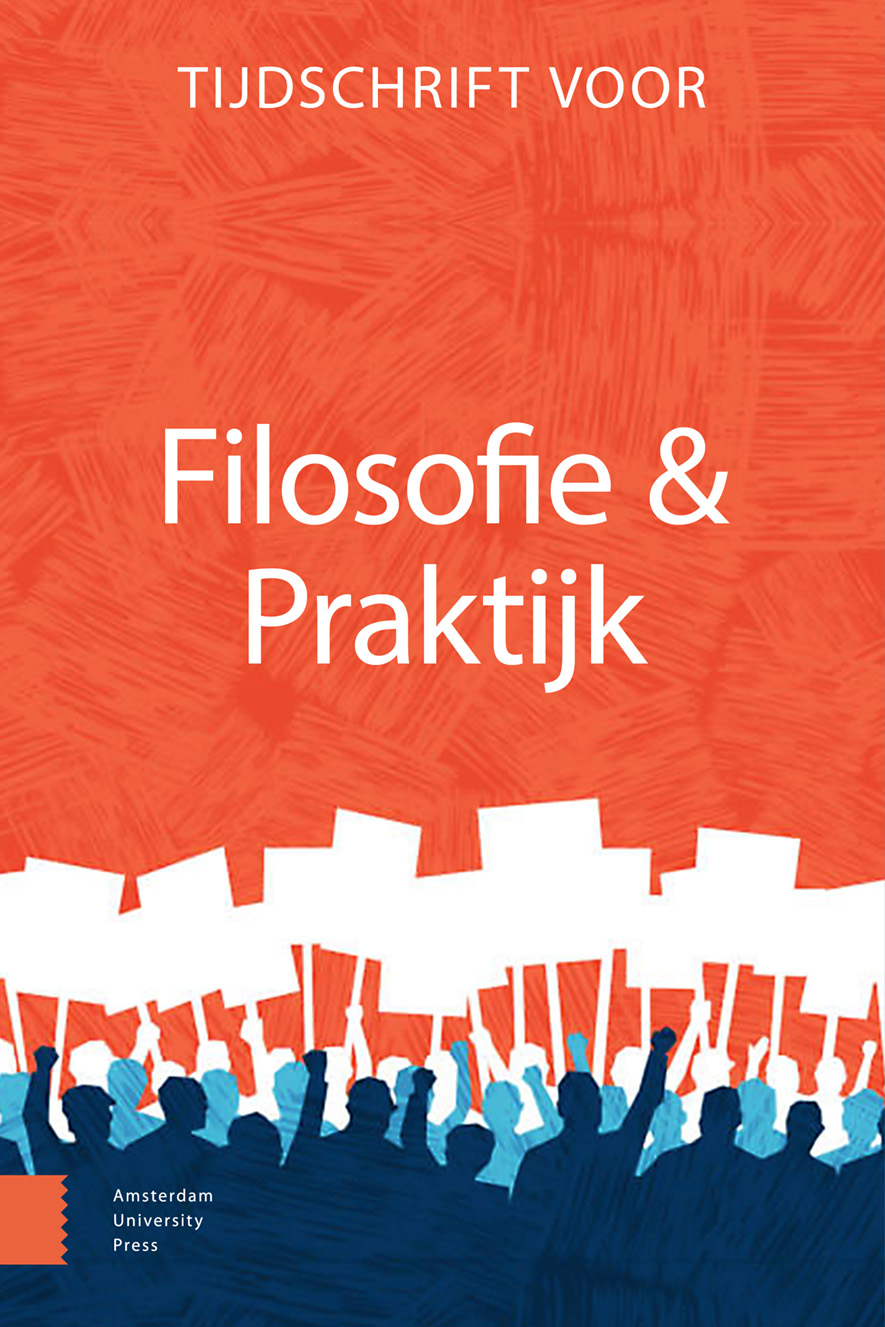- Home
- A-Z Publications
- Filosofie & Praktijk
- Issue Home
Filosofie & Praktijk - Current Issue
Volume 46, Issue 1, 2025
- Artikel
-
-
-
Gender als fantasie? Over identiteit als verhaal
More LessAbstract Antigender ideologues argue that gender identity is a phantasy and that ‘sex’ is the rock bottom of who we are. Even some feminists take a ‘gender critical’ position. These thinkers oppose phantasy to reality and hold oversimplified ideas about the embodiment of gender. I argue for an understanding of gender in which imagination plays a role, but that does not have a simple referent: gender as narrative. My inspiration Read More
-
-
-
Weerbarstige lichamen: De spanning tussen seksetests in sport en de steeds weer verschuivende locatie van sekse
More LessAbstract This article takes as its starting point the controversy around the assumed sex of boxer Imane Khelif during the 2024 Summer Olympics to consider the history of sex tests in the Olympic Games. This history shows us that when unruly bodies that cannot conform to a binary notion of sex emerge, people start to look for signifiers of sex on different locations on or in the body: from secondary and primary sex characteristics Read More
-
- Article
-
-
-
From transsexuality to gender diversity
More LessAuthors: Jilles Smids & Peter VastermanAbstract Over the past decade there has been a surge in the number of young people seeking medical treatment to change their gender. What makes looking for explanations difficult is the problem that concepts such as transgender are moving targets: they are constantly changing. This study tries to solve this by applying Ian Hacking’s ‘looping theory’ on the historical development of these concepts. H Read More
-
-
- Artikel
-
-
-
Van transseksualiteit naar transgender
More LessAbstract The transition from the term transsexuality to transgender began in the early 2000s and reflects an increase in the recognition of gender diversity. The number of people identifying as transgender has risen to approximately 2.2% of the population, along with more healthcare providers. Scientifically, there has been a shift from gender binarity to a broader recognition of non-binary and queer id Read More
-
-
- Boekbespreking
-
- Oneigentijdse Beschouwingen
-
- Minima Philosophica
-
- Boekbespreking
-
- Signalementen
-
Most Read This Month Most Read RSS feed
Article
content/journals/01672444
Journal
10
5
false
en


